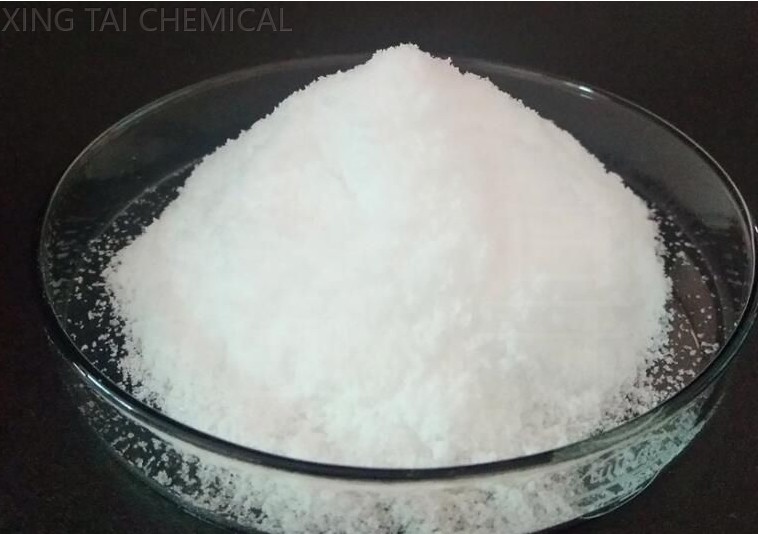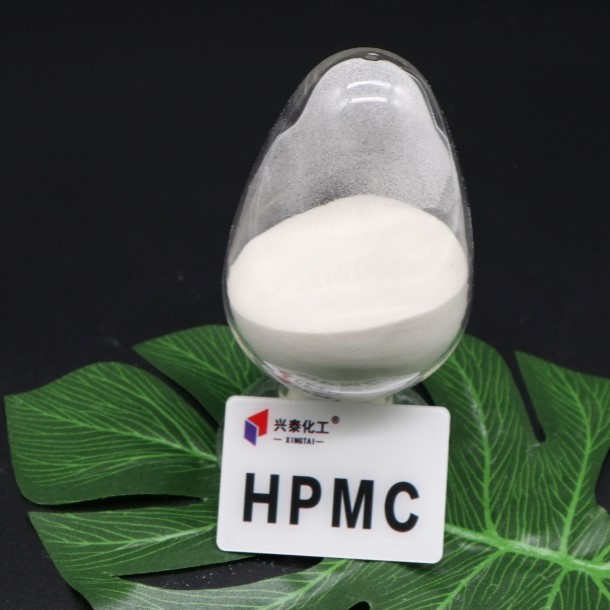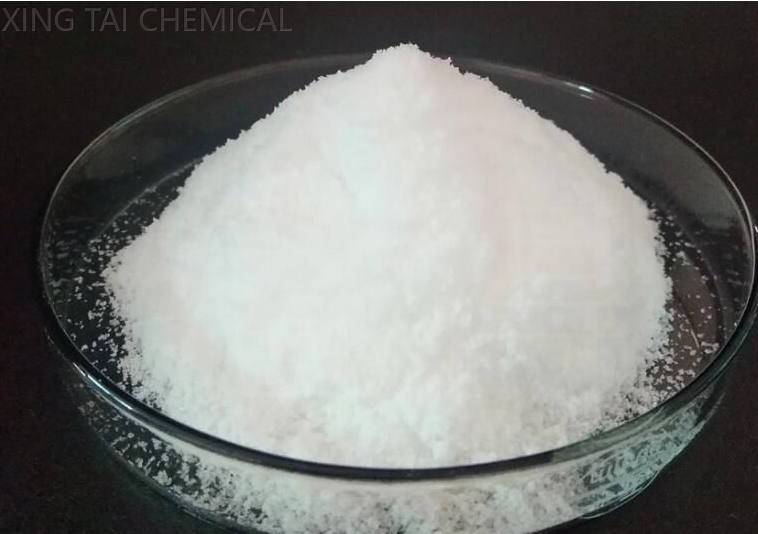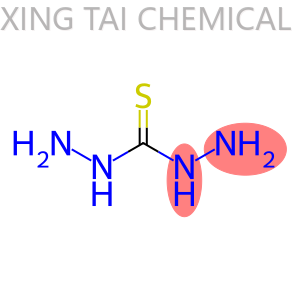Main Applications Given its unique structure and properties, microcrystalline cellulose (MCC) is widely used as a disintegrant, stabilizer, and emulsifier in industries such as pharmaceuticals, food and beverages, and light chemicals. Cellulose is abundant in nature, with billions of tons of cellulose-rich biomass residues produced globally each year. Properly converting and utilizing these residues could provide a vast renewable resource. In China, the growing scale of industries such as leather, daily chemicals, pharmaceuticals, food, and chlor-alkali production, along with the demand for higher product quality, has led to a steady increase in MCC consumption, indicating a promising market outlook. Internationally, MCC has been: Listed by the U.S. FDA as Generally Recognized as Safe (GRAS) for food additives. Approved as a food additive in Europe and included in the FDA’s Inactive Ingredient Guide. Approved for use in non-injectable formulations in the UK. Pharmaceutical Industry MCC is commonly used as an adsorbent, suspending agent, diluent, and disintegrant. It is widely applied in drug formulations, particularly in oral tablets and capsules, serving as both a binder and filler for wet granulation and direct compression. Key Functions: Binding & Disintegration: Due to hydrogen bonding between MCC molecules, it exhibits high compressibility, making it an excellent binder. When tablets containing MCC come into contact with liquid, water rapidly penetrates, breaking the hydrogen bonds and enabling quick disintegration. Lubrication & Hardness Enhancement: MCC improves tablet hardness and acts as a mild lubricant. Direct Compression: Eliminates the need for traditional granulation. For example: In rifampicin tablets, a mixture of MCC and starch (6.25:1 ratio) allows direct compression, resulting in tablets that disintegrate into a fine mist within 1 minute while maintaining stability. In prednisone acetate and berberine hydrochloride tablets, MCC increases dissolution rates to over 80%. In pentoxyverine citrate tablets, MCC prevents moisture-induced sticking during compression while ensuring rapid disintegration. Sustained-Release Applications: MCC can act as a drug carrier for sustained release. The process involves: Active ingredients entering MCC’s porous structure and forming hydrogen bonds. Upon drying, the drug is immobilized. When exposed to water, the polymer swells, disrupting the bonds and enabling controlled drug release. Other Uses: Forms stable dispersions in water, enabling cream-like or suspension-based formulations. Can be used in capsules. Generates gels under high-shear mixing, suitable for ointments and suspensions. Food Industry MCC is an edible fiber and functional food additive certified by JECFA (Joint FAO/WHO Expert Committee on Food Additives). It enhances: Emulsion & foam stability Heat resistance Liquid suspension stability Applications: Dairy products Frozen foods Processed meats Cosmetics & Personal Care MCC is used as an ingredient in: Cosmetics Skincare & therapeutic products Cleansing and detergent formulations
Get real-time quotes
Interested? Leave your contact details.




